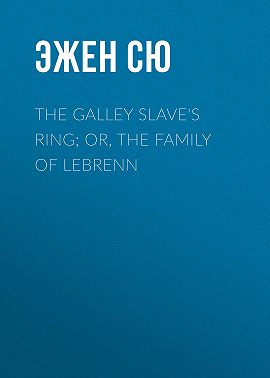- Главная
- Зарубежная старинная литература
- ⭐️Эжен Сю
- 📚«The Galley Slave's Ring; or, The Family of Lebrenn»


Отсканируйте код для установки мобильного приложения MyBook
Недоступна
Бесплатно
0
(0 оценок)
The Galley Slave's Ring; or, The Family of Lebrenn
169 печатных страниц
Время чтения ≈ 5ч
2017 год
12+
Эта книга недоступна.
Узнать, почемуО книге
читайте онлайн полную версию книги «The Galley Slave's Ring; or, The Family of Lebrenn» автора Эжен Сю на сайте электронной библиотеки MyBook.ru. Скачивайте приложения для iOS или Android и читайте «The Galley Slave's Ring; or, The Family of Lebrenn» где угодно даже без интернета.
Подробная информация
- Объем:
- 305498
- Год издания:
- 2017
- Переводчик:
- Daniel De Leon
- Время на чтение:
- 5 ч.
Поделиться
Автор книги
Переводчик
Другие книги переводчика
О проекте
О подписке